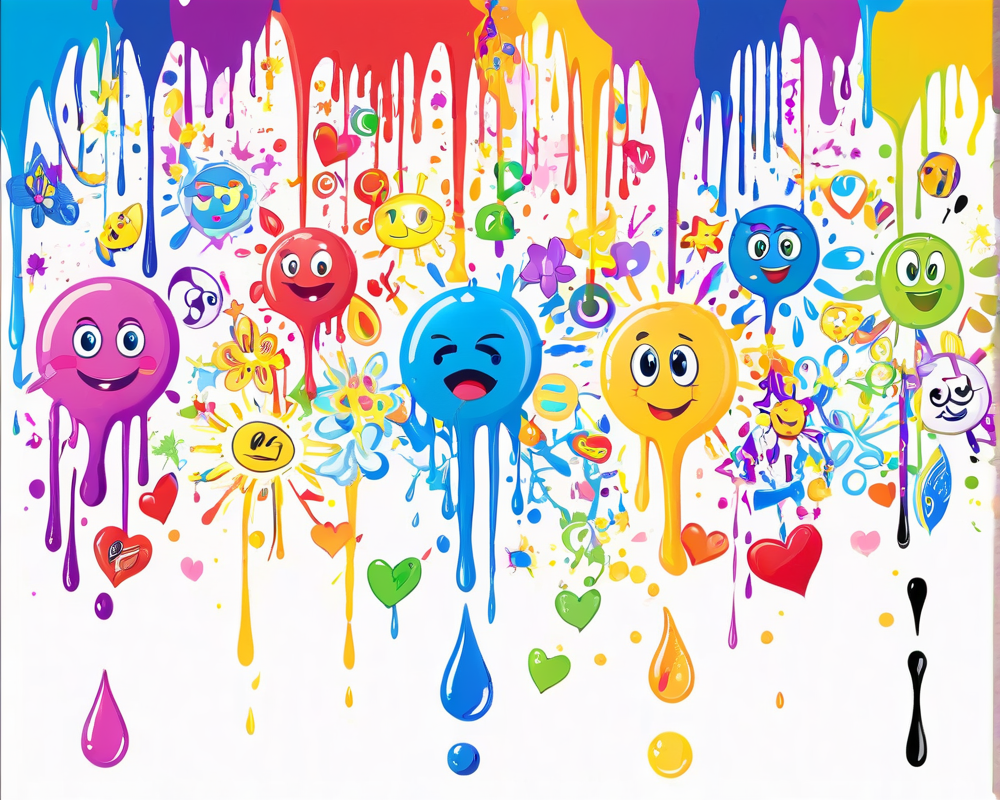The Science Behind Reactions
Reactions are fascinating phenomena that often baffle us. Why do we react the way we do? It’s all rooted in our biology. When faced with a stimulus—be it a snap decision or a humorous meme—our brain evaluates the situation, engages our emotions, and subsequently dictates our response. The amygdala, a tiny almond-shaped structure in the brain, plays a pivotal role in processing emotions. Ever heard someone say, “I reacted without thinking”? Blame it on the brain’s instinctive mechanisms!
Common Types of Reactions
Reactions come in all shapes and sizes, from joyful outbursts to somber moments of silence. Let’s dissect a few:
- Emotional Reactions: These are fueled by feelings—think laughter at a good joke or tears over a breakup.
- Physical Reactions: Sweaty palms and racing hearts fall into this category. Your body’s way of saying, “I’ve got something to say!”
- Cognitive Reactions: These involve mental processing, like solving a problem or understanding a complex joke.
Why Do Some People React Differently?
Did you ever notice how your friend reacts like a superhero to chaos, while another might curl up like an armadillo? This disparity can be attributed to several factors:
- Personality Traits: Introverts might withdraw, while extroverts engage passionately.
- Life Experiences: Past traumas or victories shape how one reacts. Someone who has faced adversity might react differently to stress than a bubble-wrapped individual.
- Cultural Influences: Societies instill norms that dictate acceptable reactions. In some cultures, expressing emotions openly is valued, while in others, restraint is encouraged.
Coping with Emotional Reactions
Got the emotional response blues? Fear not! There are ways to cope with and even harness your reactions:
- Mindfulness: Practicing awareness can help you understand your immediate reactions better.
- Journaling: Writing down thoughts and feelings can clarify your reactions and reduce stress.
- Discuss with Friends: Friends can provide perspective on your reactions and help sort through the emotional clutter.
Conclusion: Embrace Your Reactions
At the end of the day, reactions make us human. Whether you’re the life of the party or the office wallflower, every reaction is a part of who you are. Embrace them, understand them, and perhaps, learn to laugh at them. After all, life’s a little more entertaining with a splash of emotion!



